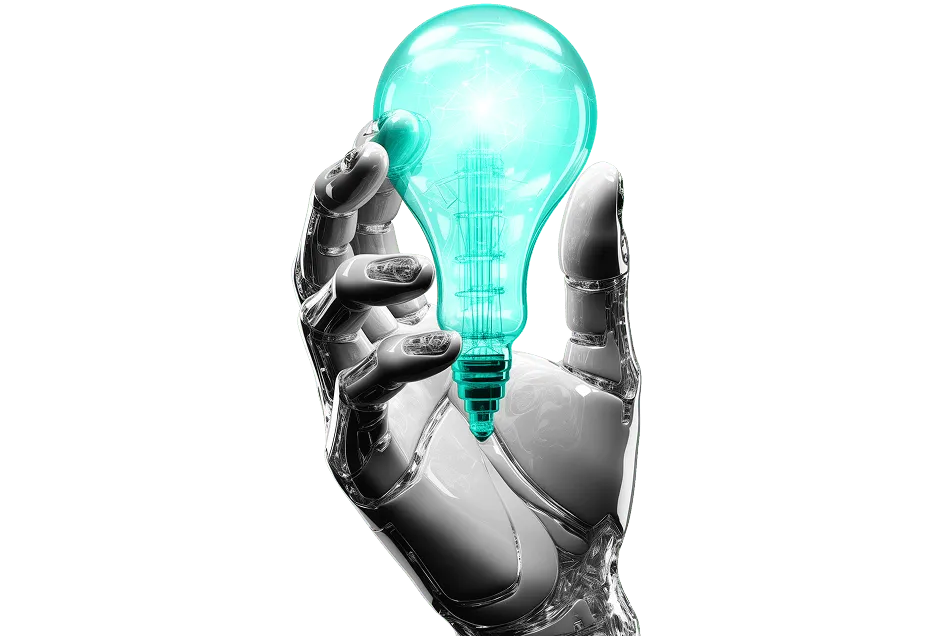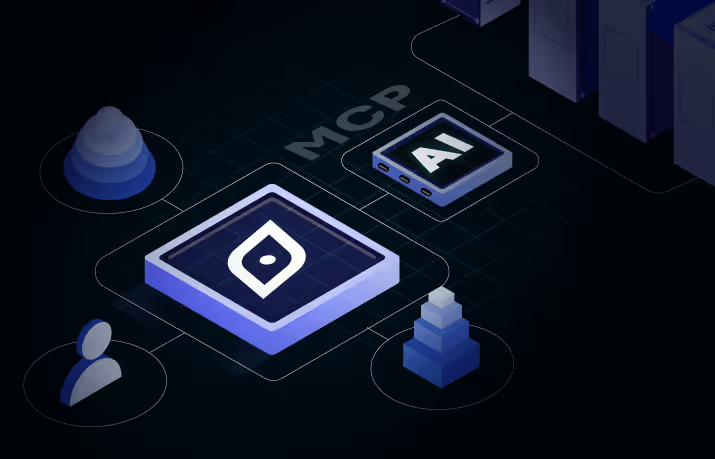Soft Skills vs Hard Skills: What Leads in 2024 Talent Strategy?
While your knowledge, degree, and experience undeniably qualify you as a strong candidate for a specific job, it’s essential to acknowledge that a comprehensive skill set extends beyond these attributes.
In addition to your qualifications, soft skills are equally crucial in the professional realm.
While HR and strategic talent management teams recruit based on hard skills, the decision to part ways often hinges on deficiencies in soft skills.
Organizations hire for hard skills, but fire for soft skills.
Essential soft skills have gained significance considering the surge in remote work and the prevalence of the gig economy. Their relevance is expanding across various industries, job levels, and work settings.
Notably, these soft skills were highlighted in 78% of global job postings.
However, the emphasis extends beyond merely recruiting individuals with applicable transferable skills.
Strategic talent management teams are now prioritizing upskilling and reskilling initiatives to cultivate the social and emotional competencies that are currently in high demand.
Hard Skills vs Soft Skills in Strategic Talent Management
Both hard and soft skills are transferable, but hard skills only to a certain degree. Your marketing degree remains consistently valuable for roles within the marketing field.
Moreover, your expertise in social media management proves beneficial, offering practical advantages even if you transition from a social media-centric position to another facet of the marketing domain. Recognizing and leveraging such skill transferability is key to strategic talent management.
Nevertheless, soft skills exhibit greater transferability compared to hard skills.
Attributes like organizational proficiency, time management, leadership, communication, and emotional intelligence prove invaluable, even in a scenario where you transition from a librarian role to that of a sales representative.
While your master’s degree in library science may hold importance, hiring managers, guided by principles of strategic talent management, may place more emphasis on these adaptable interpersonal skills when determining your suitability for a sales career.
According to a 2023 report, the primary reason for an unsuccessful hire typically boils down to insufficient soft skills 89% of the time.
How to Develop Hard and Soft Skills
Individuals seeking to enhance their hard skills can leverage technical skills development software for a distinctive learning journey.
Strategic talent management teams must employ tools to educate employees on novel skills through role-based modules featuring videos, interactive content, and more.
Beyond these tools, individuals have the option to pursue educational courses tailored to specific skills, engage in personalized tutoring, or enrol in specialized certification programs.
Whether utilizing a free program, enrolling in a paid course, or watching instructional videos on platforms like YouTube, the refinement of these skills requires dedicated time and practice.
After mastering these skills, it’s crucial to apply them in real-world scenarios, such as work projects or assignments. Irrespective of the industry or the organizational scale, the continual development and enhancement of soft skills remain paramount.
As part of strategic talent management, organizations increasingly value soft skills for long-term success.
For job seekers, showcasing distinctive soft skills becomes a means to distinguish themselves from other candidates. The possession of effective communication, empathy, and teamwork skills can significantly elevate one’s appeal to recruiters.
Employees are encouraged to focus on fortifying communication skills with colleagues, demonstrating that they possess the soft skills necessary for deadline management, collaborative teamwork, and effective cross-functional collaboration.
Managers stand out by cultivating ideal people management skills, gaining a deeper understanding of team motivation, and fostering trust and transparency in critical moments. From a strategic talent management perspective, soft skills prove invaluable in navigating conflicts and resolving bottlenecks.
Executives at the organizational level benefit from honing soft skills to comprehend and align with the company’s culture. These skills aid in improved communication with stakeholders and understanding the priorities of the workforce, forming a critical foundation for strategic talent management.
Blend Hard Skills and Soft Skills with Strategic Talent Management
Strategic talent management teams must treat hard skills and soft skills like incompatible elements; instead, they should seamlessly coexist in the workplace.
Irrespective of the organization, it’s crucial for strategic talent management teams to rather highlight how they can collaborate to foster a positive working environment.
Some days require a showcase of robust hard skills, while others necessitate the application of ample soft skills.
Understanding that many roles demand a blend of both is vital for advancing within the corporate hierarchy.
Whether through training modules or participation in workshops focused on team building and collaboration, skill development aims to identify areas for improvement that contribute to individual and group growth, with reskilling or upskilling opportunities.
Create a Culture of Skills Enhancement
As per a study, when strategic talent management teams fostering a robust learning culture are 92% more likely to innovate in product and process development.
To cultivate a culture of learning and development, strategic talent management companies can acknowledge and celebrate employees embracing new roles and acquiring additional skills.
This may involve featuring success stories in company newsletters or on social media, organizing events to applaud employee achievements, or offering incentives for those completing training programs.
In anticipation of increased technology adoption in the workplace by 2025, it is projected that 50% of all employees will require reskilling.
Technology like AI and VR is transforming learning experiences and can facilitate the development of personalized, immersive, and interactive training programs, optimizing engagement and enhancing knowledge retention.
It is imperative for strategic talent management teams to adapt education and training strategies to navigate dynamic landscape.
Talent Intelligence platforms like Draup for Talent supports companies by providing insights into employees’ skills and potential.
This enables managers to identify individuals who would benefit from reskilling and upskilling. The platform also facilitates the design of personalized learning paths for each employee, granting access to pertinent training and development resources.










.svg)

















.svg)





.svg)





.svg)
